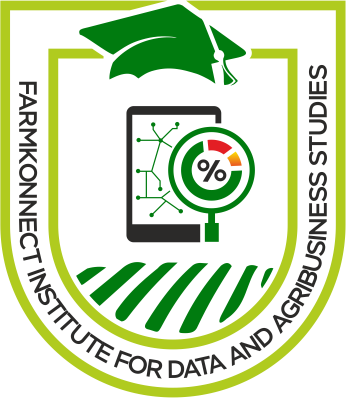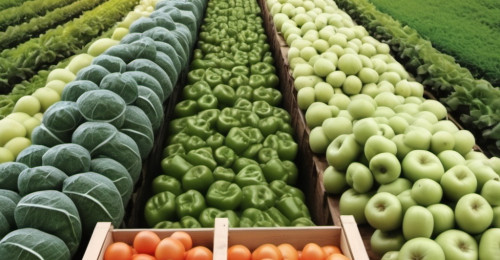Course Description
The efficiency and resilience of supply chains are key to ensuring food security. In the course "Supply Chain Management in Food Security: Building Resilient Systems," participants will explore the critical intersection between supply chain management and food security. With growing global challenges such as climate change, population surges, and international trade disruptions, the need for robust and adaptable food supply chains has never been more urgent.
Participants will learn the foundational principles of supply chain management and how it plays a pivotal role in ensuring the availability, accessibility, and affordability of food. The course will delve into topics such as logistics, warehousing, transportation, and distribution, and how these components work together to form a resilient food system. Case studies from various parts of the world will be analyzed to provide insights into real-world challenges and solutions.
The course will also address the vulnerabilities of food supply chains, such as natural disasters, economic downturns, and political instability, and how these disruptions impact food security. By the end of the course, participants will be able to apply knowledge of supply chain management to improve food security in their respective contexts. This course is ideal for supply chain professionals, agricultural experts, policymakers, and anyone interested in the logistics behind food security.
What You’ll Learn?
Define supply chain management and its role in food security.Examine how effective supply chain management ensures food security.Identify key components of resilient food supply chains.Explore the impact of disruptions in the food supply chain on food security.Analyze how supply chain management improves food accessibility and affordability.Investigate technologies that enhance supply chain transparency and efficiency.Understand the role of logistics, warehousing, and distribution in food security.Assess global and regional case studies on successful supply chain management.Propose strategies to build resilient and sustainable food supply chains.Explore the impact of climate change and global events on food supply chains.
Lessons: 11









